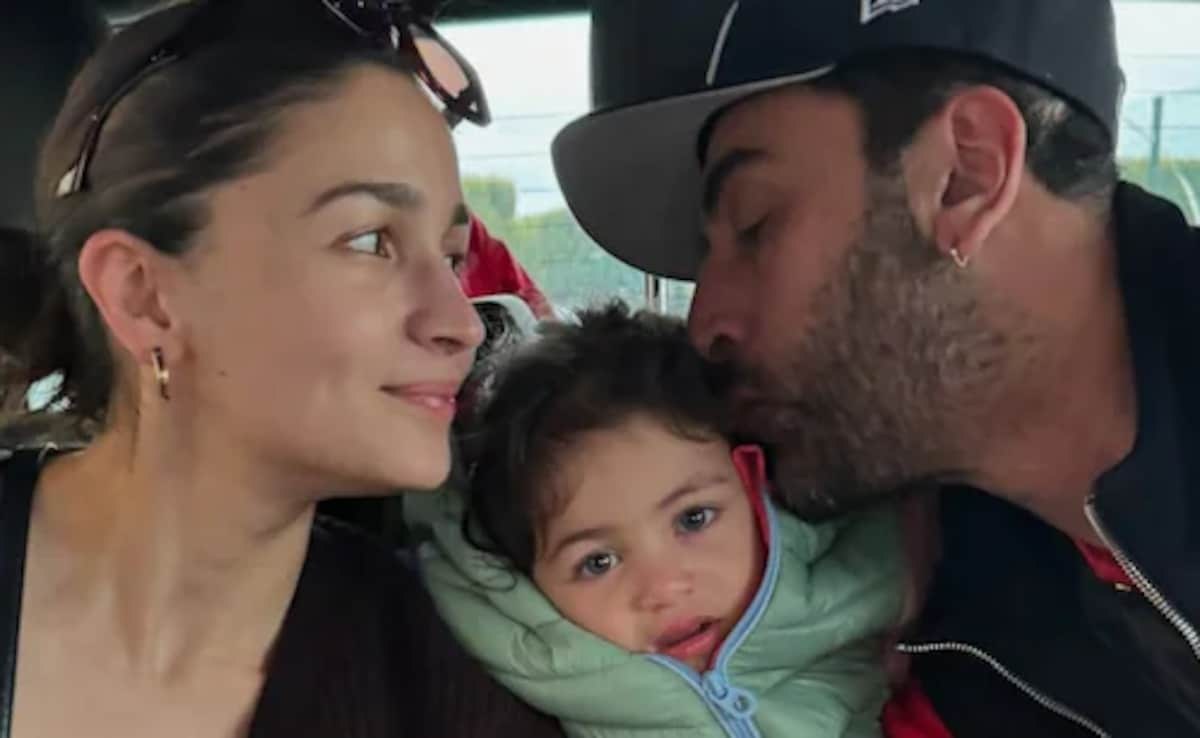Democratic Republic of the Congo - Level 3: Reconsider Travel

Updated due to changes to the Travel Advisory level, U.S. government restrictions on personnel, and information on armed conflict in North and South Kivu.
Reconsider travel to the Democratic Republic of the Congo (DRC) due to crime, and civil unrest. Some areas have increased risk due to armed conflict. Read the entire Travel Advisory.
Do Not Travel To:
- North and South Kivu provinces due to crime, terrorism, civil unrest, armed conflict, and kidnapping.
- Ituri province due to crime, civil unrest, terrorism, armed conflict, and kidnapping.
- Tanganyika, Haut Lomami, and the 3 Kasai provinces (Kasai, Kasai-Oriental, Kasai-Central) due to crime, civil unrest, armed conflict, and kidnapping.
- Mai-Ndombe province due to ethnic/communal violence.
Country Summary: Violent crime is common. This includes armed robbery, armed home invasion, and assault. Local police lack the resources to respond to serious crime in a timely and adequate manner. Assailants may pose as police or security agents. DRC law enforcement does not always inform the U.S. embassy when they arrest a U.S. citizen. They may also delay access to detained or charged U.S. citizens. DRC law enforcement has used violence and threats during interrogations.
Demonstrations are common in many cities, and some have turned violent. Police may respond with force, resulting in deaths and arrests. Looting, assault, traffic obstruction, property damage, and other violent actions occur when police don't respond in a timely manner, or at all.
The U.S. government cannot provide emergency consular services to U.S. citizens outside of Kinshasa due to poor infrastructure and security risks. Due to the risks in the country, minor dependents cannot accompany U.S. government employees who work in the DRC.
Review the country information page for additional information on travel to the Democratic Republic of the Congo.
If you decide to travel to the Democratic Republic of the Congo:
- Visit our website for Travel to High-Risk Areas.
- Avoid demonstrations and crowds.
- Use caution when walking or driving.
- Always have a photocopy of your U.S. passport and DRC visa. Keep originals in a secure location. Carry your U.S. passport and DRC visa when crossing provincial borders or flying domestically.
- If you are arrested or detained, ask police or prison officials to notify U.S. Embassy Kinshasa immediately.
- Enroll in the Smart Traveler Enrollment Program (STEP) to receive Alerts from the U.S Embassy and make it easier to locate you in an emergency.
- Review the Country Security Report for the DRC.
- Prepare a plan for emergency situations. Review the Traveler’s Checklist. Ensure that documents and medications are easy to locate in case you need to leave on short notice.
- Visit the CDC page for the latest Travel Health Information related to your travel and return to the United States.
- We highly recommend that you buy insurance before you travel. Check with your travel insurance provider about evacuation assistance, medical insurance, and trip cancellation coverage.
- Develop a communication plan with family, your employer or host organization. Specify how you'll confirm you're safe (text, calls, etc.), how often, and who you'll contact first to share the information.
North and South Kivu Provinces – Level 4: Do Not Travel
Active fighting is ongoing between armed groups and government military forces in the Kivu provinces; the M23 armed group is occupying major cities of Goma and Bukavu. Missiles and armed drones have been used in the conflict. The fighting has forced thousands of people from their homes which can cause instability in the province.
Violent crime is common throughout the Kivu provinces. This includes murder, rape, kidnapping, and pillaging. Road travelers are common targets for ambush, armed robbery, and kidnapping.
Terrorist and armed groups operate in the Kivu provinces. They have attacked military and civilian targets. This includes aid workers, businesspeople, and other NGO staff in the area.
There is risk of terrorist violence, including terrorist attacks and other activity in North and South Kivu provinces. Visit the U.S. Department of State's country reports on terrorism to learn more.
Demonstrations and large gatherings can occur throughout the region, especially in urban areas. Mobs can form rapidly and turn violent, posing a threat to bystanders.
Due to the security risks, U.S. government employees working in the DRC must obtain special authorization to travel to North and South Kivu Provinces. Due to the risks, the U.S. government is unable to provide emergency services to U.S. citizens in the Kivu provinces.
Do not travel to these areas for any reason.
Visit our website for Travel to High-Risk Areas.
Ituri Province – Level 4: Do Not Travel
Violent crime continues throughout Ituri province. This includes murder, rape, kidnapping, and pillaging. Road travelers are common targets for ambush, armed robbery, and kidnapping.
Terrorist and armed groups operate in Ituri province. They have targeted both military and civilian sites. This includes humanitarian aid workers and other NGO staff in the area.
There is risk of terrorist violence, including terrorist attacks and other activity in Ituri province. Visit the U.S. Department of State's country reports on terrorism to learn more.
Demonstrations and large gatherings can occur throughout these regions, especially in urban areas. Mobs can form rapidly and turn violent, posing a threat to bystanders.
Armed groups, individuals, and military forces routinely clash with each other. Civilians are frequently targeted in attacks.
Due to the security risks, U.S. government employees working in the DRC must obtain special authorization to travel to Ituri province. Due to the risks, the U.S. government is unable to provide emergency services to U.S. citizens in Ituri province.
Do not travel to these areas for any reason.
Visit our website for Travel to High-Risk Areas.
Tanganyika, Haut Lomami, and the 3 Kasai Provinces – Level 4: Do Not Travel
Violent crime like murder, rape, kidnapping, and robbery are common in these areas:
- Tanganyika
- Haut Lomami
- Kasai provinces: Kasai Oriental, Kasai Central, and Kasai.
Road travelers are common targets for ambush, armed robbery, and kidnapping.
Demonstrations and large gatherings can occur throughout these regions, especially in urban areas. Mobs can form rapidly and turn violent, posing a threat to bystanders.
Armed groups, individuals, and military forces routinely clash with each other. Civilians are frequently targeted in attacks.
Due to the security risks, U.S. government employees working in the DRC must obtain special authorization to travel to eastern DRC Region and the 3 Kasai provinces. Due to the risks, the U.S. government is unable to provide emergency services to U.S. citizens in eastern DRC Region and the 3 Kasai provinces.
Do not travel to these areas for any reason.
Visit our website for Travel to High-Risk Areas.
Mai-Ndombe Province – Level 4: Do Not Travel
Violence in Mai-Ndombe is rising. There are also more police and military in the area, especially along the Route Nationale 17. Government security officials may limit travel for U.S. citizens when violence rises. Activity of armed groups could block passenger and freight traffic on regional routes in the province. Protests can occur without warning.
Due to the security risks, U.S. government employees working in the DRC must obtain special authorization to travel to Mai-Ndombe province. Due to the risks, the U.S. government is unable to provide emergency services to U.S. citizens in Mai-Ndombe province.
Do not travel to these areas for any reason.
Visit our website for Travel to High-Risk Areas
What's Your Reaction?
 Like
0
Like
0
 Dislike
0
Dislike
0
 Love
0
Love
0
 Funny
0
Funny
0
 Angry
0
Angry
0
 Sad
0
Sad
0
 Wow
0
Wow
0




































































